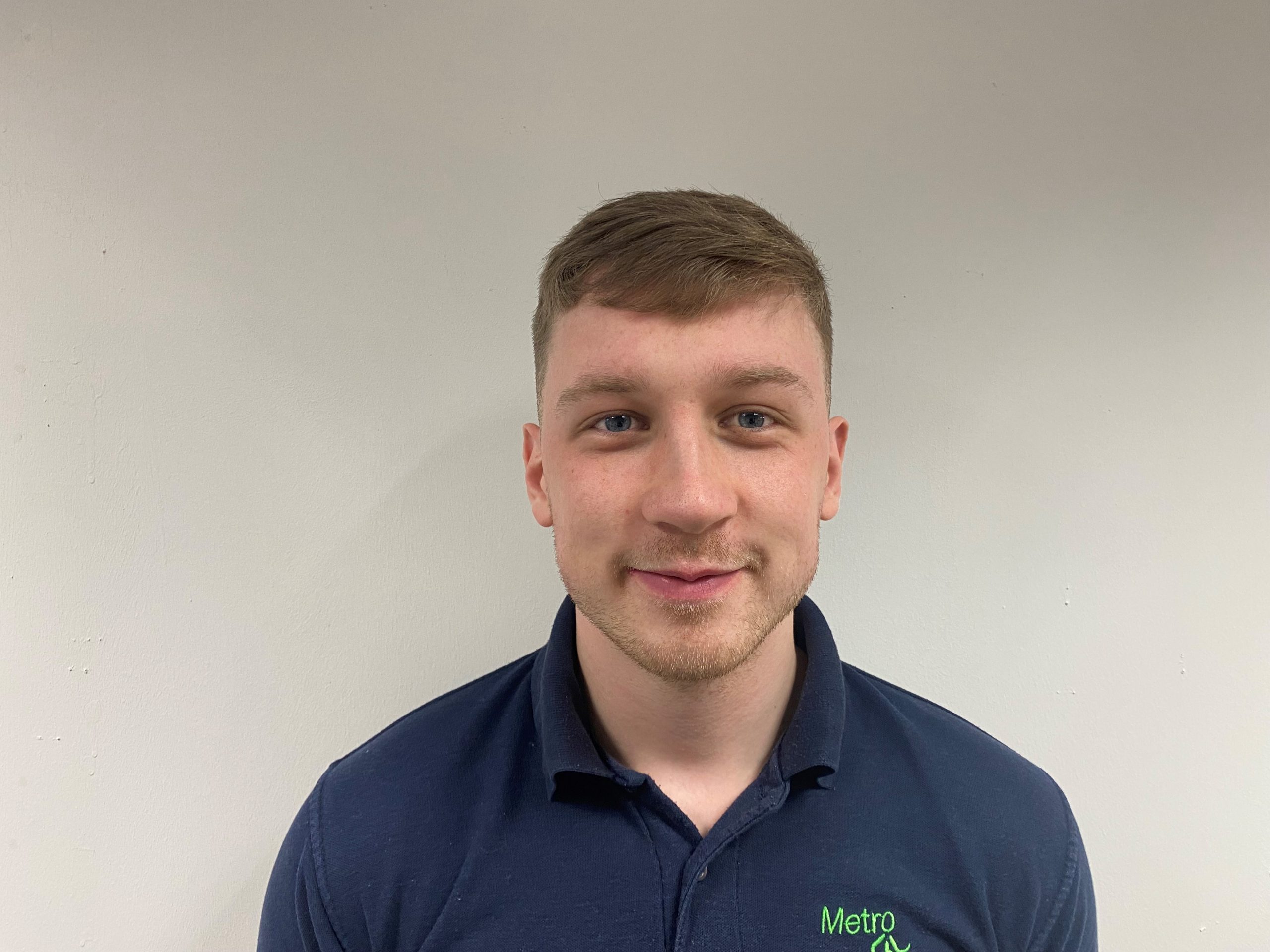Sport Rehabilitation and Physiotherapy for Rugby
 Rugby is a popular sport in England with both League and Union being particularly popular in the Northwest. The physical nature of the sport can lead to both non-contact and contact injuries during training and matches. It has been reported that some high impact collisions in Rugby are equivalent to being involved in a car cash travelling at 30mph! The rugby community is extremely passionate, and we at Metro understand individuals would like to return to the sport they love as quickly as possible.
Rugby is a popular sport in England with both League and Union being particularly popular in the Northwest. The physical nature of the sport can lead to both non-contact and contact injuries during training and matches. It has been reported that some high impact collisions in Rugby are equivalent to being involved in a car cash travelling at 30mph! The rugby community is extremely passionate, and we at Metro understand individuals would like to return to the sport they love as quickly as possible.
Common Rugby Injuries
Research has shown that upper and lower extremity musculoskeletal injuries were equally apportioned. In Rugby Union the tackle was associated with around 50% of all injuries. The scrum producies fewer injuries, but is historically associated with spinal injuries or neural injuries such as a stinger.
The shoulder is the most common area of injury in the upper body with Acromioclavicular joint sprains, being most prevalent. More severe injuries such as shoulder dislocations, fractures and SLAP tears often require attention from a specialist consultant followed by intensive rehabilitation.
Rapid acceleration, deceleration, change of direction an dthe contact element of the sport results in a significant amount of stress on the muscles, ligaments and tendons of the lower limb. This can cause muscle strains, ligament strains and in more serious cases meniscal tears, Anterior or Posterior Cruciate Ligament ruptures and fractures.
Reducing the risk of a rugby injury
 In order to reduce the risk of Rugby related injuries, it is essential that your training programme is specific to both your condition and the position played. For example, a prop forwards rehabilitation programme would differ from a full back. The key fundamentals of a training programme must consist mobility, stretching, strengthening, sport specific movement patterns and proprioception.
In order to reduce the risk of Rugby related injuries, it is essential that your training programme is specific to both your condition and the position played. For example, a prop forwards rehabilitation programme would differ from a full back. The key fundamentals of a training programme must consist mobility, stretching, strengthening, sport specific movement patterns and proprioception.
Tight muscles can cause imbalances and restrictions that can increase the risk of injury, so it is important that joints are kept mobile and elastic structures are appropriately stretched. Strengthening muscles not only improves the muscle’s capabilities but adds support to the structures they surround to decrease the risk of failure. It is key to include the correct mixture of stretching and strengthening to ensure there is a balance between stability and mobility.
Proprioception is the brain’s awareness of joint and limb position. It is important that this is continually trained, especially to reduce the risk of ankle sprains. It is also fundamental, that after a traumatic injury, proprioception is trained to reprogram the neural pathways that may have been altered by any change in the joint position. At Metro, your therapist will have a plethora of sport specific exercises to prescribe, ensuring a smooth transition back to sport.
Treatments following a Rugby Injury
Most of our therapists are directly involved in sport or have experienced working within a sporting environment, so understand the demands that are required. Varying treatment techniques are employed to aid in the rehabilitation of a sporting injury. Your therapist will assess and observe your biomechanics to identify any underlying dysfunction that could have caused the injury or lead to a repeat injury. Following this, a plan will be formulated to overcome any issues that are detected.
Treatment sessions will be tailored towards the individual and the injury, but will typically consist of some of the following techniques; deep tissue massage, deep frictional massage, trigger point release, joint mobilisations, fascial release, Ultrasound Therapy, acupuncture, proprioceptive neuromuscular facilitation, taping/strapping and a specific tailored exercise programme.
Rugby Injury Therapist


Luke Millington has experience within rugby from working at Semi- professional club Oldham Roughyeds RLFC. As a former player himself in both codes, he has first hand experience of some of the problems rugby players may face. He keeps up to date with current treatment techniques by regularly researching and attending CPD courses held both externally and internally here at Metro.
You can find our clinics across Greater Manchester and Merseyside, so if you have a running related injury then Please click here to contact us as our team of therapists are ready to help you.
